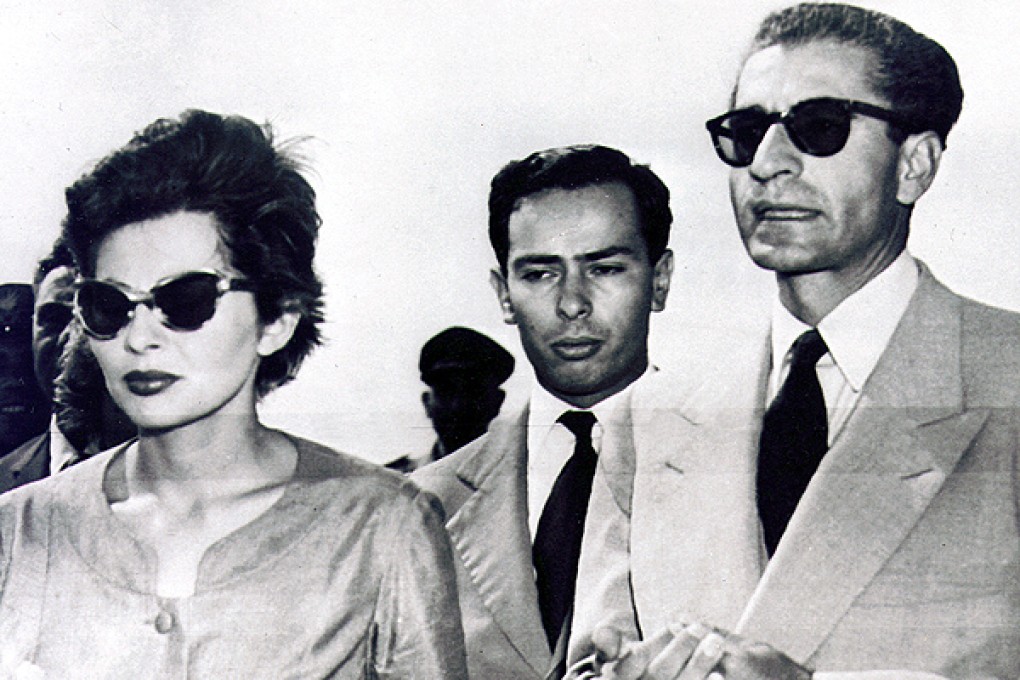CIA admits it was behind 1953 coup in Iran
British government tried to block release of information about its role in 1953 affair

The CIA has publicly admitted for the first time that it was behind the notorious 1953 coup against Iran's democratically elected prime minister Mohammad Mosaddeq, in documents that also show how the British government tried to block the release of information about its own involvement in his overthrow.
On the 60th anniversary of an event often invoked by Iranians as evidence of western meddling, the US national security archive at George Washington University published a series of declassified CIA documents.
"The military coup that overthrew Mosaddeq and his National Front cabinet was carried out under CIA direction as an act of US foreign policy, conceived and approved at the highest levels of government," reads a previously excised section of an internal CIA history titled The Battle for Iran.
The documents, published on the archive's website under freedom of information laws, describe in detail how the US - with British help - engineered the coup.
Britain, and in particular Anthony Eden, the foreign minister, regarded Mosaddeq as a serious threat to its strategic and economic interests after the Iranian leader nationalised the British Anglo-Iranian Oil Company, known today as BP. But the United Kingdom needed US support. The Eisenhower administration was not easily persuaded.
British documents show how senior officials in the 1970s tried to stop Washington from releasing documents that would be "very embarrassing" to the UK.
